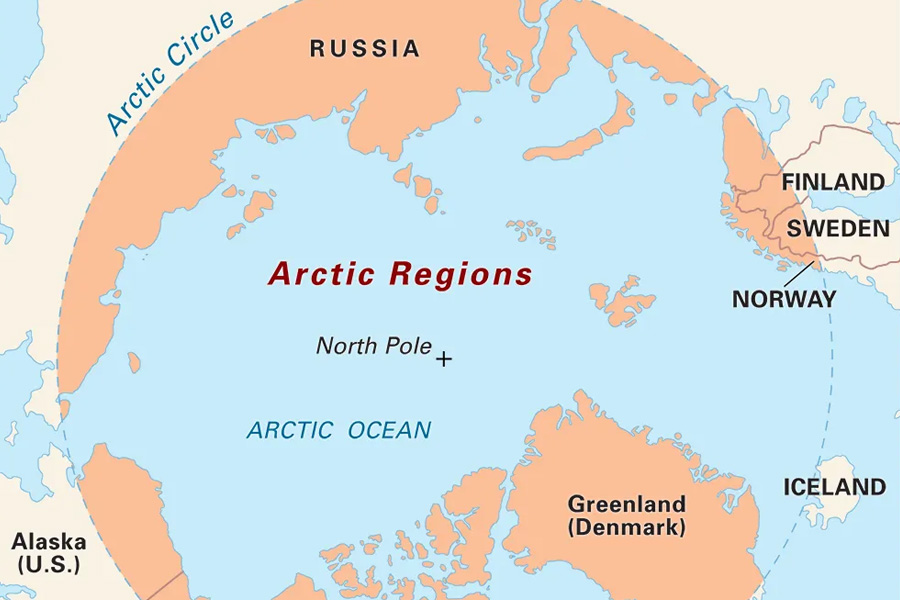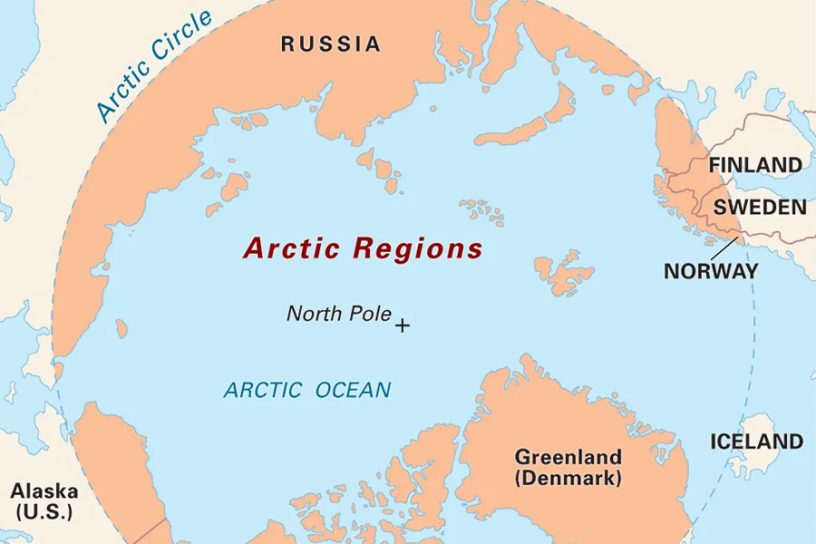
This paper provides a quick understanding of the Arctic region to the policymakers and those readers who are interested to know the geopolitics of Arctic.
Author
Arun Teja Polcumpally, Centre for Security Studies, Jindal School of International Affairs, O.P. Jindal Global University, Sonipat, Haryana, India.
Summary
The term “Indo-Pacific” is a concept that has been articulated by the former Japanese Prime Minister Shinzo Abe in the last few years. In his Policy Speech to the Diet in January 2019, Prime Minister Abe emphasized “Free and Open Indo Pacific (FOIP)” as the aim of Japan’s foreign policy.
The concept of the Free and Open Indo-Pacific (FOIP) Strategy, in its current form, was articulated in November 2016, in a joint statement issued by India and Japan during Prime Minister Modi’s visit to Tokyo.
The statement referred to “improving connectivity between Asia and Africa through realizing a free and open Indo-Pacific as vital to the entire region”. The foreign policy of Japan can be observed through the annually released Diplomatic Bluebook, especially since the 2017 edition of the Bluebook, it has portrayed the idea of FOIP at the core of Japan’s foreign policy for the region. (Ministry of External Affairs, 2016) Across the world, the way international politics is played has witnessed a profound change.
However, the fundamental conflict between the Nation-states remained – the issue of resources. Sometimes technology and sometimes it is the climatic changes that bring us near to the unexplored natural wealth re-inviting the traditional tussle of nation-states. With the growing global temperature, one such emergence is the navigable Arctic region along with the abundance of energy resources. All the great powers are vying for the dominance in the region either to control the sea lanes of communication (SLOCs) or the resources.
This background paper provides a quick understanding of the Arctic region to the policymakers and those readers who are interested to know the geopolitics of Arctic.
A lot of literature is present on why this region is considered to be the geopolitical hotspot, we shall refer extensively to Stockholm International Peace Research Institute (SIPRI) background paper on Arctic region (klimenko 2019) to have a background understanding of the strategic importance of the region.
In analyzing the role of India, we shall refer to the official MoU and agreements published in the ministry of External Affairs website on India.
Published in: Center for Security Studies (CSS) Dialouge Report No. 4
To read the full article, please click here.


